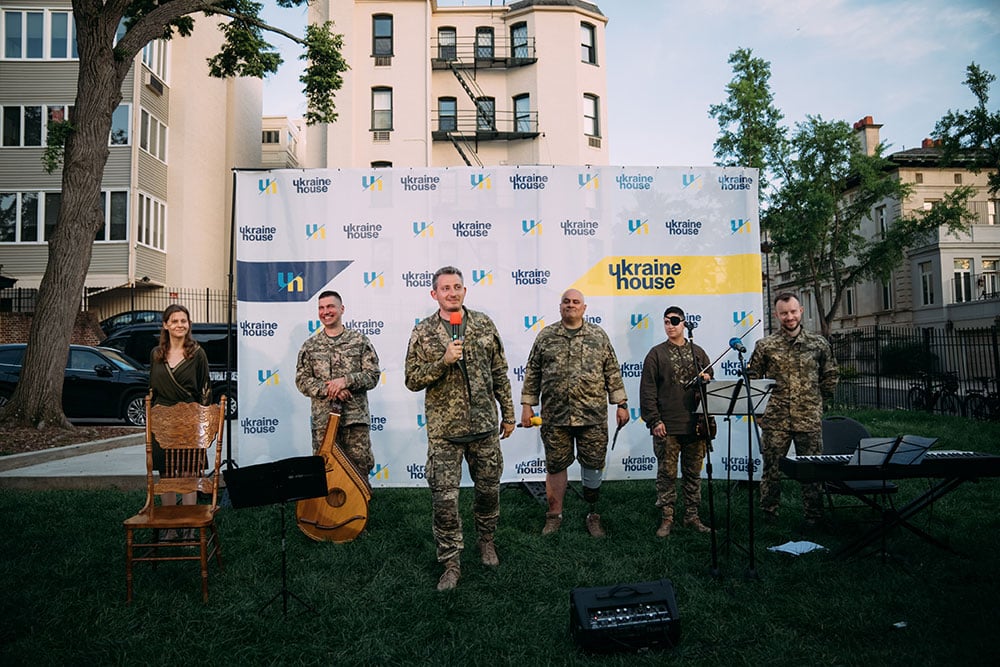What We’re Reading in May
Book editor Kristofer Collins reviews “[deadname]”
 [deadname]
[deadname]
Halsey Hyer
Anhinga Press, $12
According to the Human Rights Campaign Foundation, since 2013 there have been “at least 304 transgender and gender non-conforming individuals who were victims of fatal violence in the U.S.” The organization recorded 34 fatalities in 2022 alone.
“I can’t help but wonder / after reading the statistic / people with trans bodies like mine / are four times more likely to be ravaged than cis bodies unlike mine,” writes Halsey Hyer in their powerful new poetry collection “[deadname].” The above is from the poem, “Boy Drafts a Letter to the Editor Who Told Him to Stop Writing About Rape,” which continues, “& isn’t it funny / how trauma translates to wound / & how we live in a wounded world / where those who bear scars / find creative ways / to say / oh / it’s nothing / & how should I conceal myself this time?”
Deadnaming is calling a transgender or gender non-conforming person by the name they were given at birth rather than the name they have taken for themselves. This can be distressing or traumatic to that person, but in a larger sense, say when police or the media misname a victim of violence, it can result in statistical inaccuracies and the erasure of crimes specifically targeting the trans community.
Hyer’s poems follow the transgender Boy as they take ownership of their own identity. The first lines of the collection, from “Boy Wears Bra,” make Boy’s precarious existence clear. “This is called hiding, / is called fear.”
A quick glance at the ACLU’s website shows 449 anti-LGBTQ+ bills making their way through state legislatures. These bills, the ACLU reports, “attack LGBTQ rights, especially transgender youth.” Recently, former president Donald Trump vowed if re-elected to use the power of the federal government to punish doctors who provide gender-affirming care to minors.
There is well-earned anger in Hyer’s poems — and much beauty too. “[deadname]” concludes in a moment of exquisite self-acceptance and generosity: “Name each part of me, / fall in love with & honor all my forms – / change my pronoun from I to we.”














